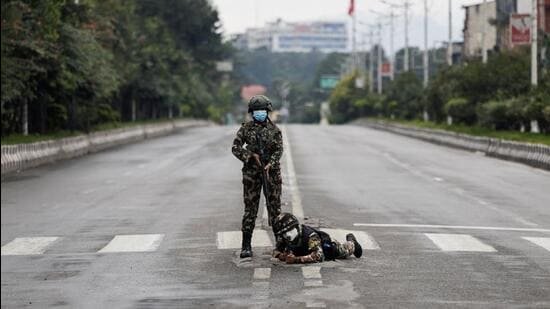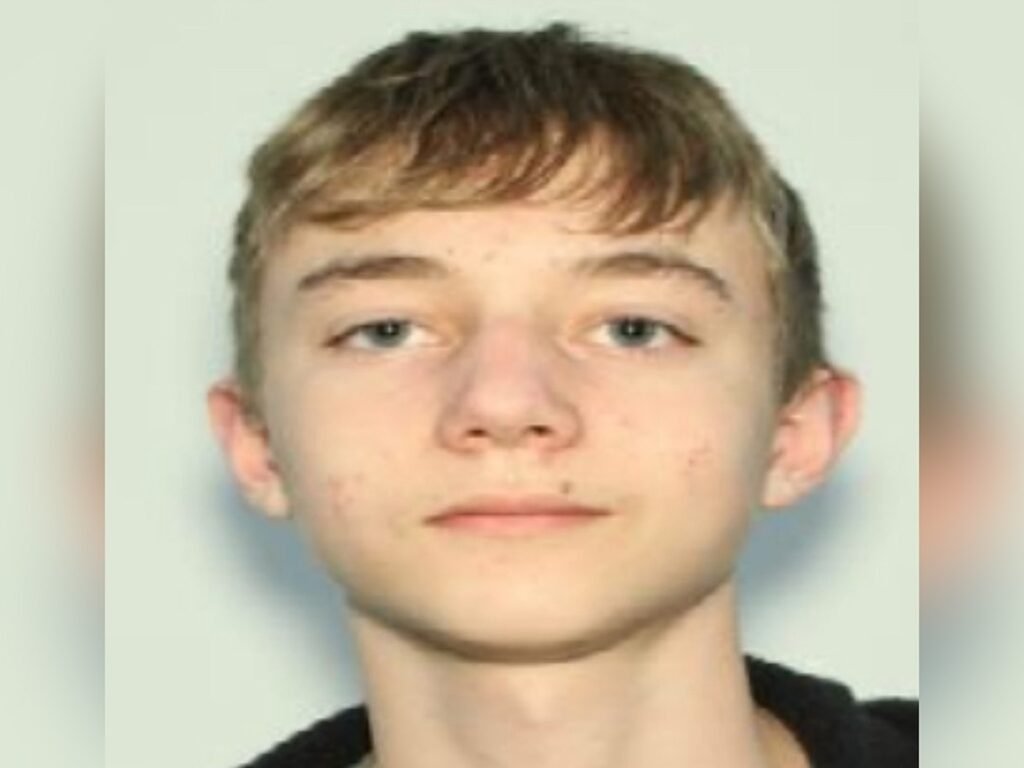Almost three quarters (72%) of supporters of Nigel Farage’s party said they felt this way, a study suggested.
This was higher than for non-voters (66%) and above the overall finding for all survey participants (54%).
Almost six in 10 (59%) Conservative supporters said they felt powerless, while just over half (52%) of Liberal Democrat backers and 42% of Labour supporters felt this way.
The research highlights the risk of a “further spiral into public disengagement”, those behind the study said.
The survey of a nationally representative sample of 2,185 people aged 16 and older in Great Britain in April, was carried out by pollster Ipsos UK in collaboration with King’s College London (KCL) and the London School of Economics (LSE).
Professor Bobby Duffy, director of the policy institute at KCL said it is no surprise people who feel they have “so little to lose” are willing to “take a chance on a relatively new party with a more radical approach”.
Reform UK currently has four MPs in Parliament and describes itself as the “UK’s fastest growing political movement”.
Mr Duffy said while there has never been a “golden age” of the public feeling powerful in their influence over national and local decisions, there have been further declines in recent years from an already-low base.
Overall, one in four people surveyed said that when they get involved in politics they feel they really can change how the UK is run.
This is down from from one in three people feeling this way in 2018.
Mr Duffy said the survey also showed a “collapse in belief that public services are ready to listen to complaints”.
The research showed the share of people who feel most public services are ready to listen to complaints has almost halved in recent decades, from 49% in 2002 to just 26% this year.
Mr Duffy said: “We know that how services respond when things go wrong is a key element of ‘delivery’, which is major focus for the current Government but these results shows how difficult a task they face in convincing the public that services can actually deliver for them.”
Trinh Tu, from Ipsos, said: “Without a concerted effort to rebuild this trust at every level, from the local council to the national stage, we risk a further spiral into public disengagement.
“This would not only make governing more difficult but could fundamentally weaken the democratic legitimacy that all our public institutions rely on.”
Professor Tony Travers, from LSE, suggested a continued decline in trust in public services could lead to the public being less willing to pay taxes.
He said: “Powerlessness is corrosive.
“The major political parties at both central and local government level risk alienating voters and undermining trust in democracy.
“If people feel they can’t get public services to work for them because Whitehall and council officials appear not to care, there will be consequences for political parties and for the willingness of people to pay taxes”.







